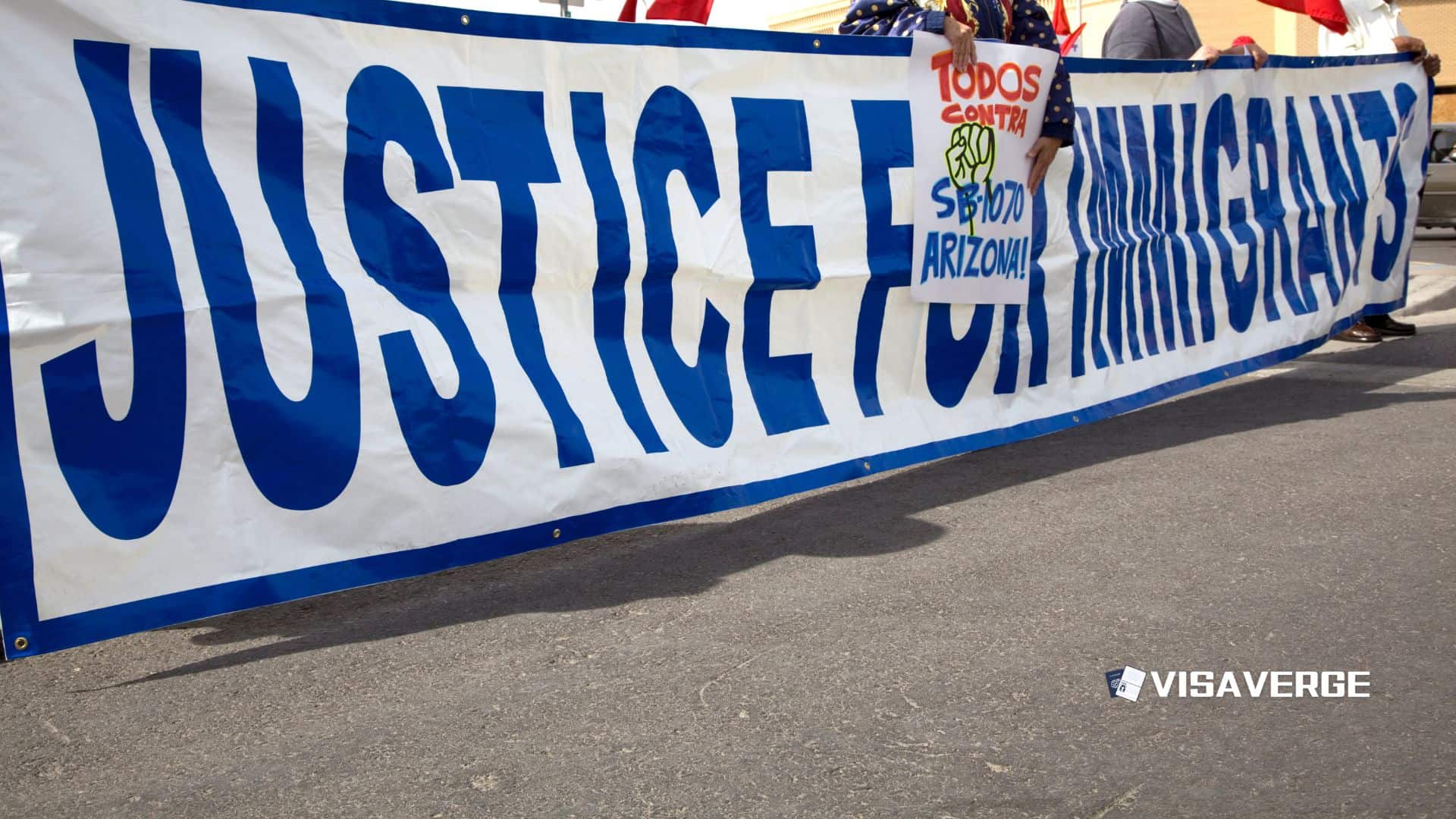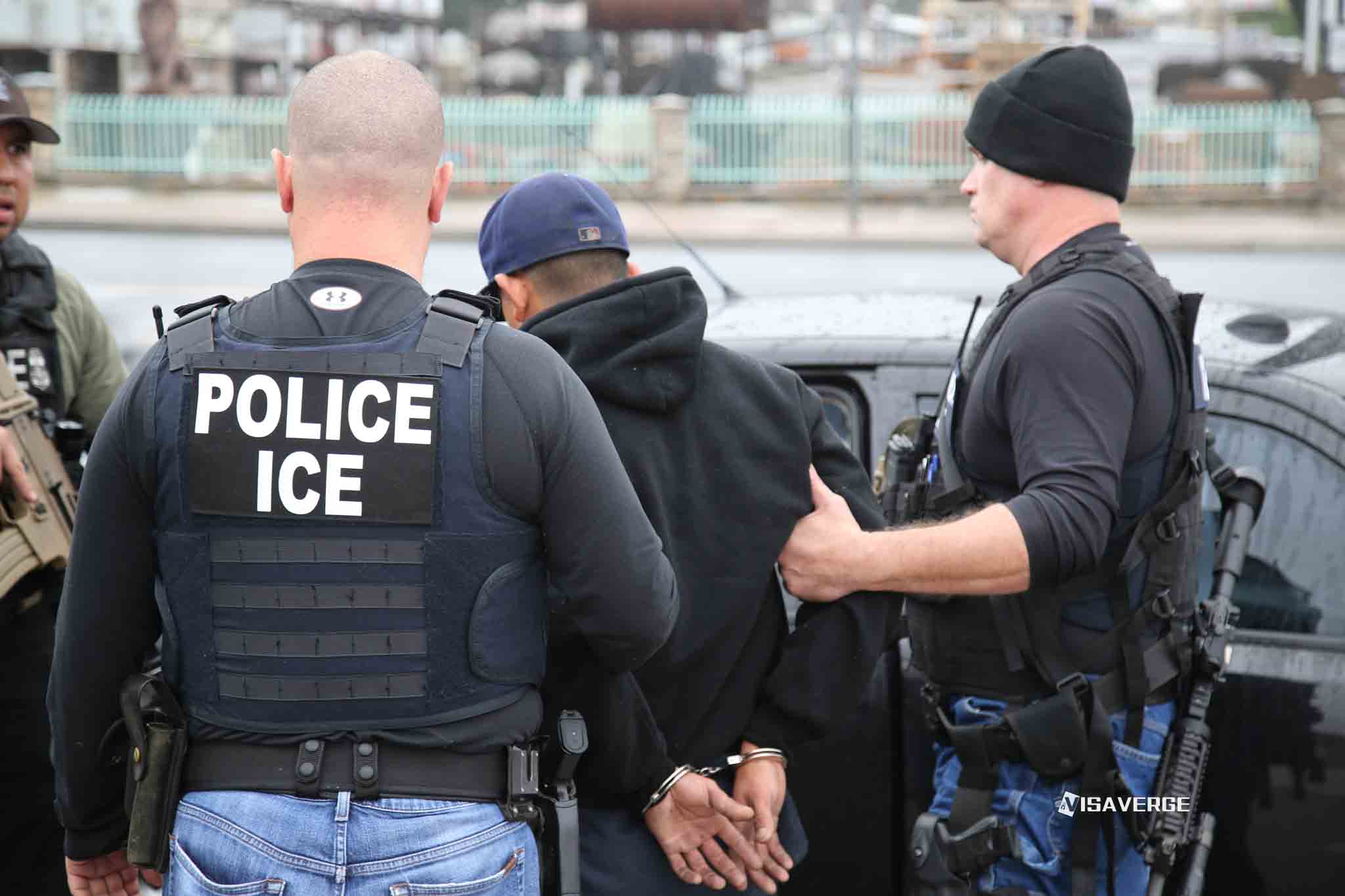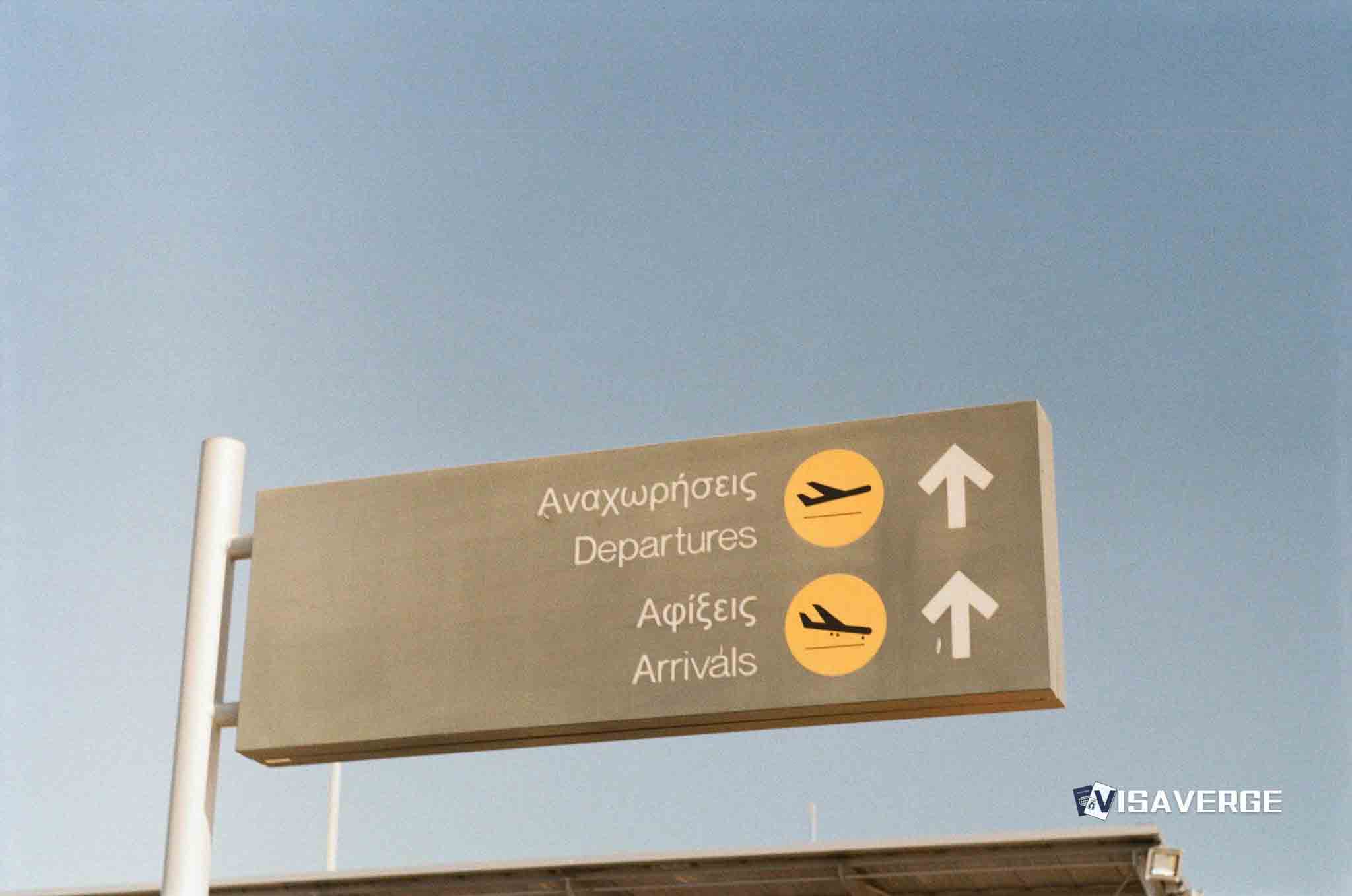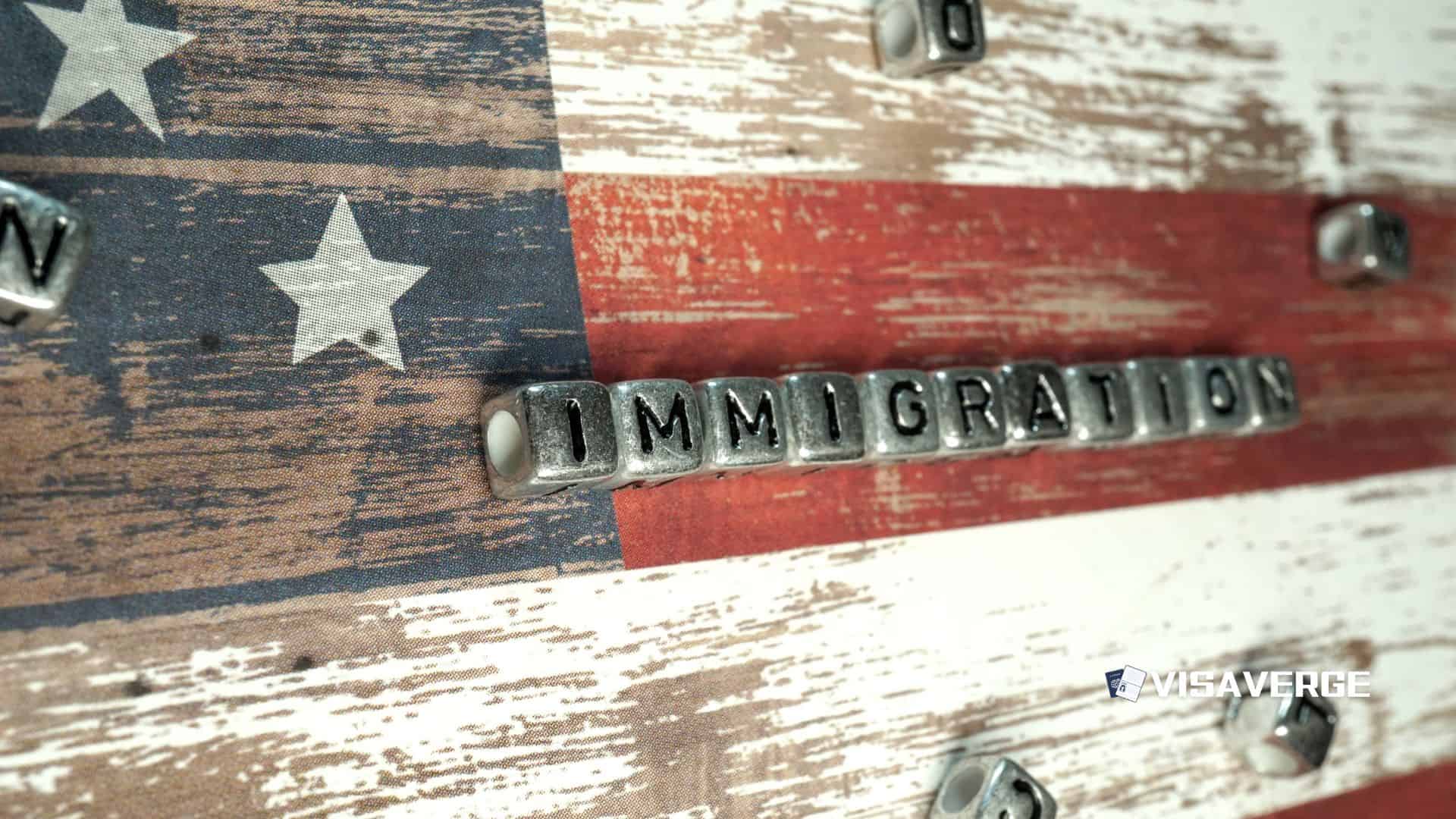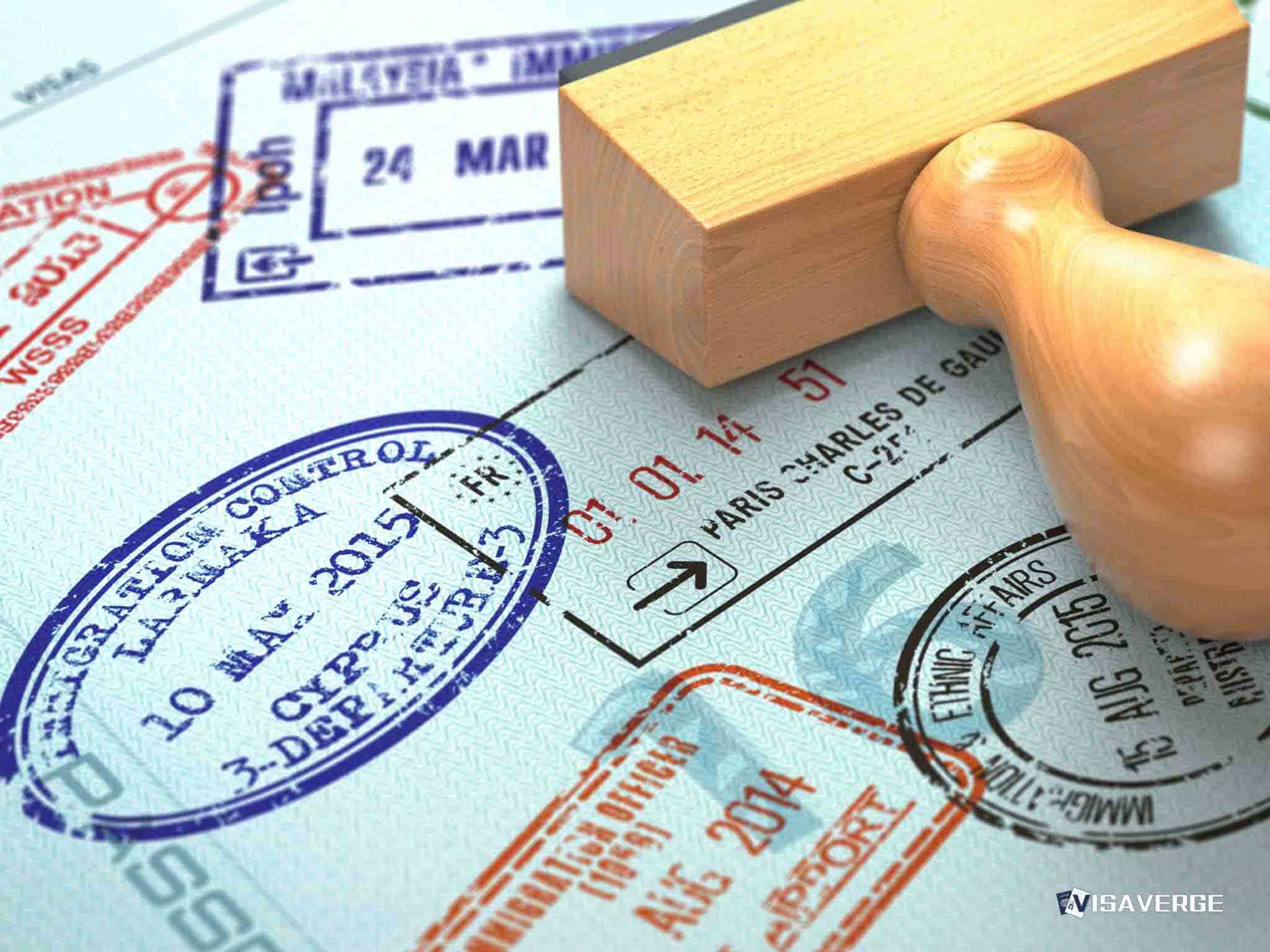Key Takeaways
• The Oath of Allegiance in the UK is fixed by the Promissory Oaths Act 1868, allowing no modifications.
• A solemn affirmation without religious wording is the only legal alternative to swearing the Oath.
• Refusing the oath or affirmation bar MPs, ministers, armed forces, and citizenship applicants from duties.
The question of whether people in the United Kingdom 🇬🇧 can take a modified version of the Oath of Allegiance has sparked ongoing debate, especially as the country continues to grow more diverse and modern. The Oath of Allegiance is a formal promise of loyalty to the monarch—currently King Charles III—and is required in several important situations, including when someone becomes a British citizen, joins Parliament, or serves in the armed forces. But can this oath be changed to suit personal beliefs or modern values? Here’s what the law says, how it affects people, and what the future might hold.
What Is the Oath of Allegiance and Who Must Take It?
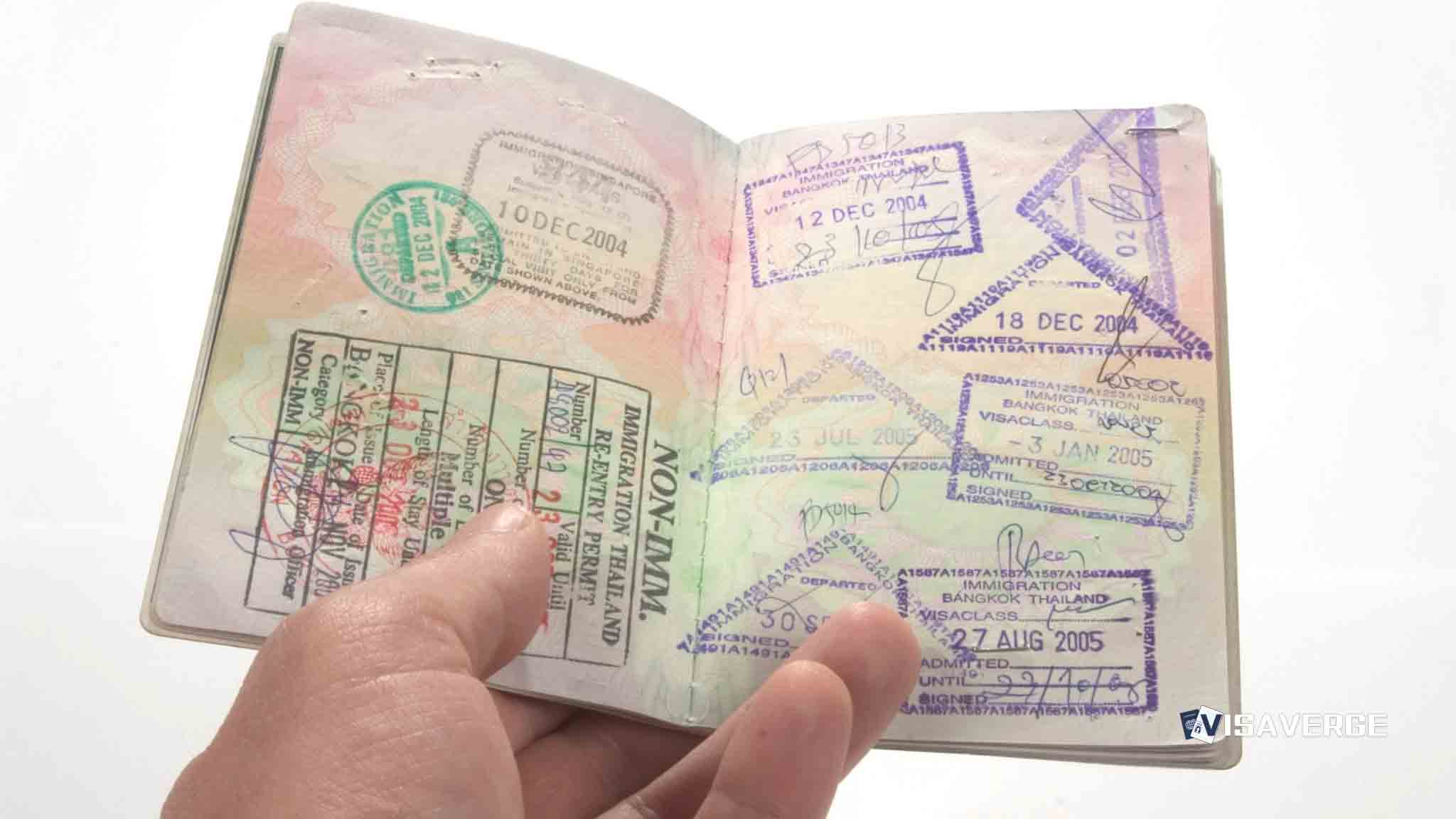
The Oath of Allegiance is a legally required promise to be loyal to the King, his heirs, and successors. The exact words are set out in a law called the Promissory Oaths Act 1868. The standard wording is:
“I [insert name] do swear that I will be faithful and bear true allegiance to His Majesty King Charles, his heirs and successors, according to law. So help me God.”
This oath is not just for show. It is a real legal requirement in several situations:
- Members of Parliament (MPs): Before they can take their seats and represent their communities, MPs must take the Oath of Allegiance or make a solemn affirmation.
- Government Ministers: Anyone taking up a ministerial post must swear the oath.
- Members of the Armed Forces: Service members must also take the oath as part of their duty.
- Citizenship Ceremonies: New citizens must swear the oath or make an affirmation during their ceremony.
The oath is a way for the UK 🇬🇧 to show loyalty to the monarchy and the country’s traditions. But what if someone feels uncomfortable with the wording or the idea of swearing loyalty to the King?
Can the Oath of Allegiance Be Changed or Modified?
No, the law does not allow people to take a modified version of the Oath of Allegiance. The words are set by the Promissory Oaths Act 1868 and must be used exactly as written. There is no legal way to change the wording to suit personal beliefs or preferences.
However, there is one important option for people who do not want to swear the oath for religious or personal reasons. Instead of swearing the oath, they can make a solemn affirmation. This is a non-religious version that has the same legal effect but leaves out the words “So help me God.” The affirmation is meant for people who do not want to make a religious promise or who have other reasons for not wanting to swear the oath.
Here’s how the two options compare:
- Oath of Allegiance: Sworn with the words “So help me God.”
- Solemn Affirmation: Same promise, but without any religious language.
Both are legally valid, and both must use the exact wording set out by law. No other changes or modifications are allowed.
Why Is the Oath Fixed by Law?
The Oath of Allegiance has a long history in the UK 🇬🇧. It is part of the country’s constitutional tradition, which means it has been used for hundreds of years to show loyalty to the Crown and the established order. The wording has changed very little since the 19th century, and it is seen as a symbol of the country’s stability and continuity.
The law that sets out the oath—the Promissory Oaths Act 1868—was passed by Parliament and can only be changed by another act of Parliament. This means that unless lawmakers decide to change the law, the wording of the oath will stay the same.
What Happens If Someone Refuses the Oath or Affirmation?
The rules are strict. If someone refuses to take the Oath of Allegiance or make a solemn affirmation, they cannot legally take up their role. For example:
- MPs: If an MP refuses to take the oath or affirmation, they cannot sit in Parliament, vote, or represent their constituents.
- Citizenship Applicants: If a person does not take the oath or affirmation at their citizenship ceremony, they cannot become a British citizen.
- Armed Forces and Ministers: Refusal means they cannot serve in their official capacity.
This can have serious consequences for individuals and for the communities they wish to serve.
Are There Any Recent Changes or Debates About the Oath?
As of early 2025, there have been no official changes to allow modified versions of the Oath of Allegiance. The most recent research from Parliament, published in February 2025, confirms that the law still requires the exact wording, with the only alternative being the solemn affirmation.
There have been debates, especially in Parliament, about whether the oath should be changed to reflect modern values and the diversity of beliefs among MPs and the public. Some people argue that the oath is now just a formality and could be updated to focus more on democratic duties rather than loyalty to the monarchy. Others believe it is an important tradition that should not be changed.
Despite these discussions, no formal proposals or new laws have been introduced to allow for a modified oath. The government and parliamentary authorities continue to require the current wording, with affirmation as the only alternative for those who object to the religious or monarchical language.
How Does This Affect Different Groups?
New Citizens
People becoming British citizens must take the Oath of Allegiance or make a solemn affirmation at their citizenship ceremony. The ceremony can be conducted in English or Welsh, but the wording must be exactly as set out by law. No other changes are allowed.
Members of Parliament and Public Officials
MPs and other officials must take the oath or affirmation before they can start their work. If they refuse, they cannot take up their seat or perform their duties. This can lead to political problems, especially if an elected MP cannot represent their community because of personal beliefs about the oath.
Armed Forces
Members of the armed forces must also take the oath or affirmation. This is seen as an important part of their duty to the country and the Crown.
People With Religious or Personal Objections
For those who do not want to swear a religious oath or who object to pledging loyalty to the monarchy, the solemn affirmation provides a way to fulfill the legal requirement without going against their beliefs. However, there is no option to change the wording further or to add personal statements.
Why Do Some People Want to Change the Oath?
Some MPs, legal experts, and members of the public believe the Oath of Allegiance should be updated to better reflect modern society. They argue that:
- The UK 🇬🇧 is now a diverse country with many different beliefs and backgrounds.
- The oath focuses on loyalty to the monarchy, which may not reflect the values of all citizens or MPs.
- A more inclusive oath could focus on serving the public, upholding democracy, and respecting the law.
Others believe the oath is an important tradition that helps unite the country and should not be changed without careful thought.
What Do Legal Experts Say?
Legal experts point out that the wording of the Oath of Allegiance is set by law. This means that unless Parliament passes a new law to change the wording, it must stay the same. The only flexibility allowed is the choice between swearing the oath or making a solemn affirmation.
Changing the oath would require a new law, which would need to be debated and agreed by both Houses of Parliament. This is a complex process and would likely involve a lot of discussion about the role of the monarchy, the meaning of citizenship, and the values of the country.
What About Other Types of Oaths?
In some official roles, there are other oaths or declarations that may include references to the Church of England or the Protestant religion. These are separate from the Oath of Allegiance and have their own rules. However, the main oath for MPs, ministers, armed forces, and new citizens is the one set out in the Promissory Oaths Act 1868.
What Does the Future Hold?
At the moment, there are no official plans to change the wording of the Oath of Allegiance or to allow modified versions. However, the debate continues, especially as the UK 🇬🇧 considers how to make its institutions more inclusive and reflective of modern society.
Any changes would need to be made by Parliament and would likely involve public consultation and careful consideration of the country’s traditions and values.
People who are interested in this issue should keep an eye on parliamentary debates and government announcements for any updates. For now, the law remains clear: the Oath of Allegiance must be taken as written, or a solemn affirmation can be made as the only alternative.
Practical Guidance for Those Affected
If you are required to take the Oath of Allegiance, here’s what you need to know:
- You must use the exact wording set out by law.
- If you do not want to swear a religious oath, you can make a solemn affirmation instead.
- No other changes or personal statements are allowed.
- If you refuse to take the oath or affirmation, you cannot take up your role or become a British citizen.
For more information about the official requirements, you can visit the UK Parliament’s official page on oaths and affirmations.
If you are preparing for a citizenship ceremony, the UK Home Office provides detailed guidance on what to expect and what is required. You can find more information on the UK government’s citizenship ceremony guidance.
If you have specific questions, you can contact the Parliamentary Oaths Office or the Home Office Citizenship team for help.
Summary Table
Here’s a quick summary of the key points:
| Aspect | Details |
|---|---|
| Legal wording | Fixed by Promissory Oaths Act 1868; no modifications allowed |
| Alternative | Solemn affirmation (non-religious, same legal effect) |
| Contexts | Parliament, government ministers, armed forces, citizenship ceremonies |
| Recent changes | None permitting modified versions; affirmation remains the only alternative |
| Debates | Calls for reform exist but no formal proposals or changes enacted |
| Practical effect | Must take oath or affirmation to assume office or citizenship; refusal bars participation |
| Language options | English or Welsh for citizenship ceremonies |
Final Thoughts
The Oath of Allegiance remains a key part of the UK 🇬🇧’s legal and political system. While some people would like to see the oath updated to reflect modern values or personal beliefs, the law is clear: the wording is fixed, and the only alternative is a solemn affirmation. As reported by VisaVerge.com, ongoing debates about the oath’s relevance and inclusivity may lead to future changes, but for now, anyone required to take the oath must follow the current rules.
If you are preparing to take the Oath of Allegiance or make a solemn affirmation, it’s important to understand your options and the legal requirements. For the most up-to-date information, always check official government sources or speak to the relevant office before your ceremony or appointment.
Key Takeaway: You cannot take a modified version of the Oath of Allegiance in the UK 🇬🇧. The only legally recognized alternative is the solemn affirmation. Stay informed about any future changes by following official government updates and parliamentary debates.
Learn Today
Oath of Allegiance → A legal promise of loyalty to the monarch, required by UK law in official roles.
Promissory Oaths Act 1868 → The UK law that fixes the exact wording of the Oath of Allegiance without allowing changes.
Solemn Affirmation → A non-religious alternative to the oath that omits references to God but holds equal legal status.
Members of Parliament (MPs) → Elected UK officials required to swear the Oath of Allegiance before taking their seats.
Citizenship Ceremony → An official event where new British citizens swear the Oath of Allegiance or make a solemn affirmation.
This Article in a Nutshell
In the UK, the Oath of Allegiance must be taken exactly as prescribed by law. Modification is illegal, but a solemn affirmation offers a non-religious alternative. This oath binds MPs, ministers, armed forces, and new citizens to loyalty under UK law, preserving tradition amidst ongoing debates on inclusivity.
— By VisaVerge.com





